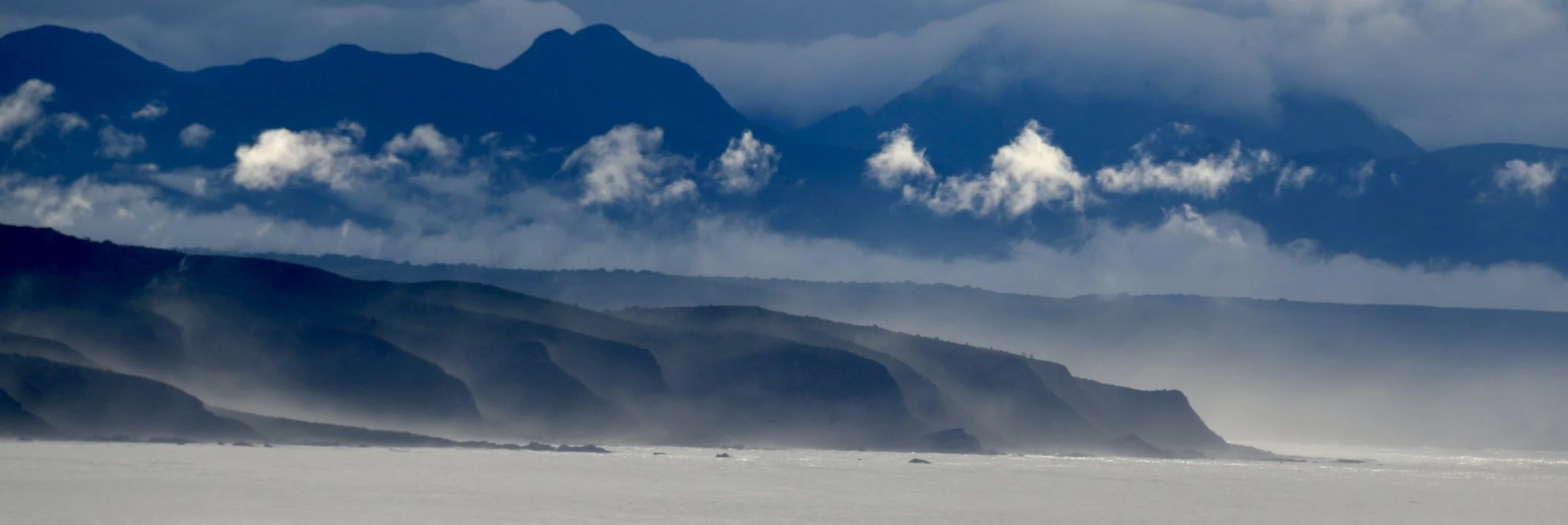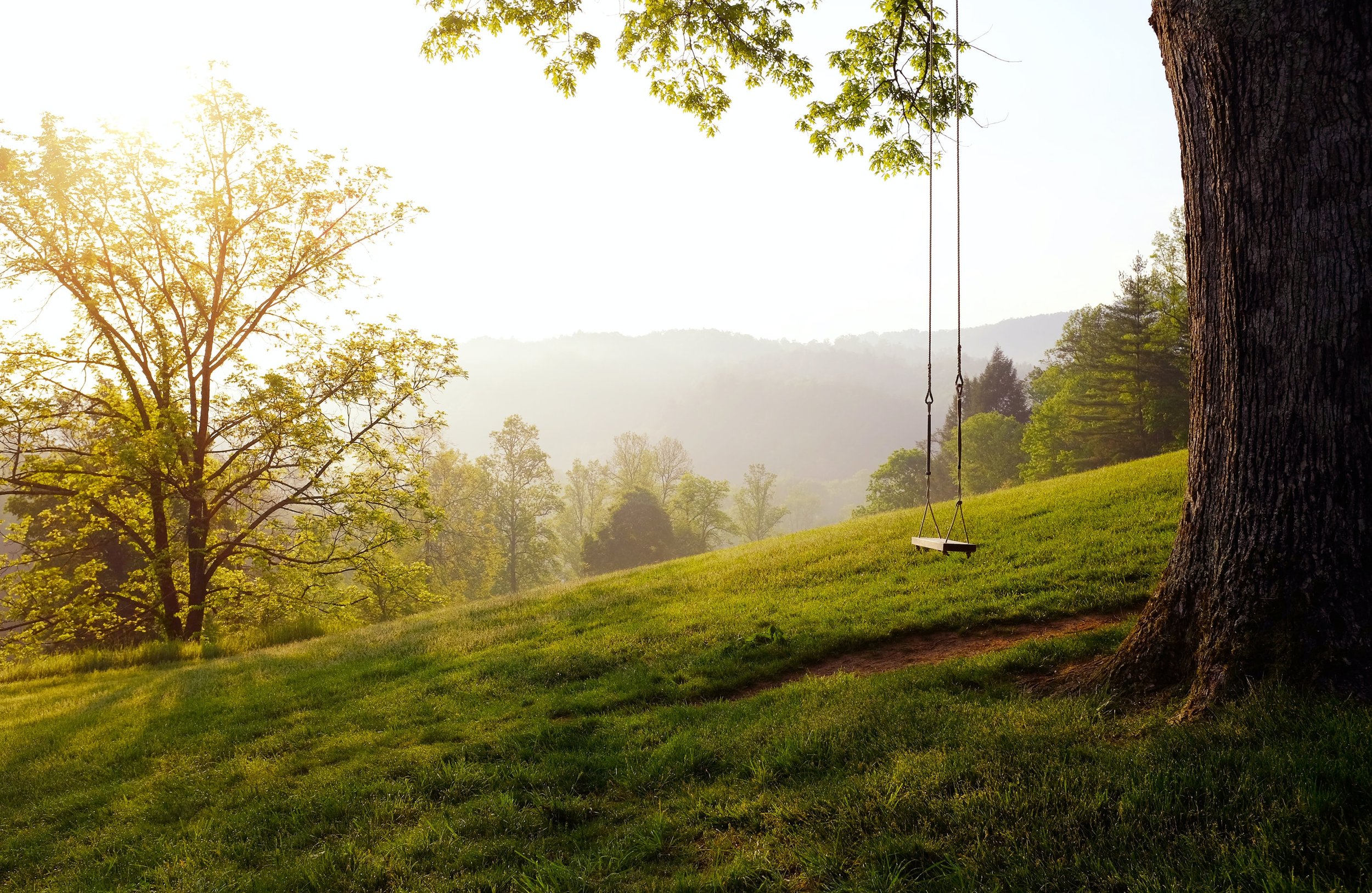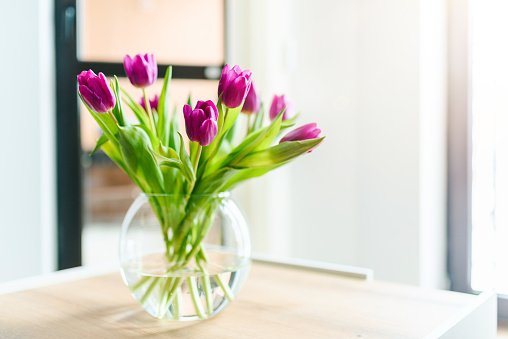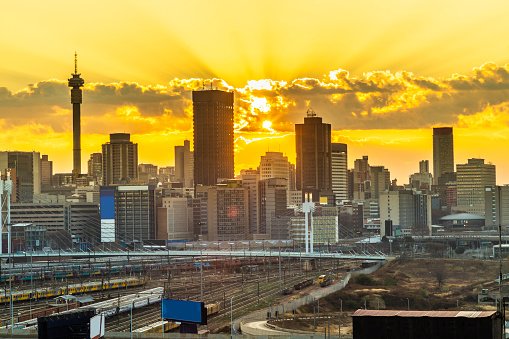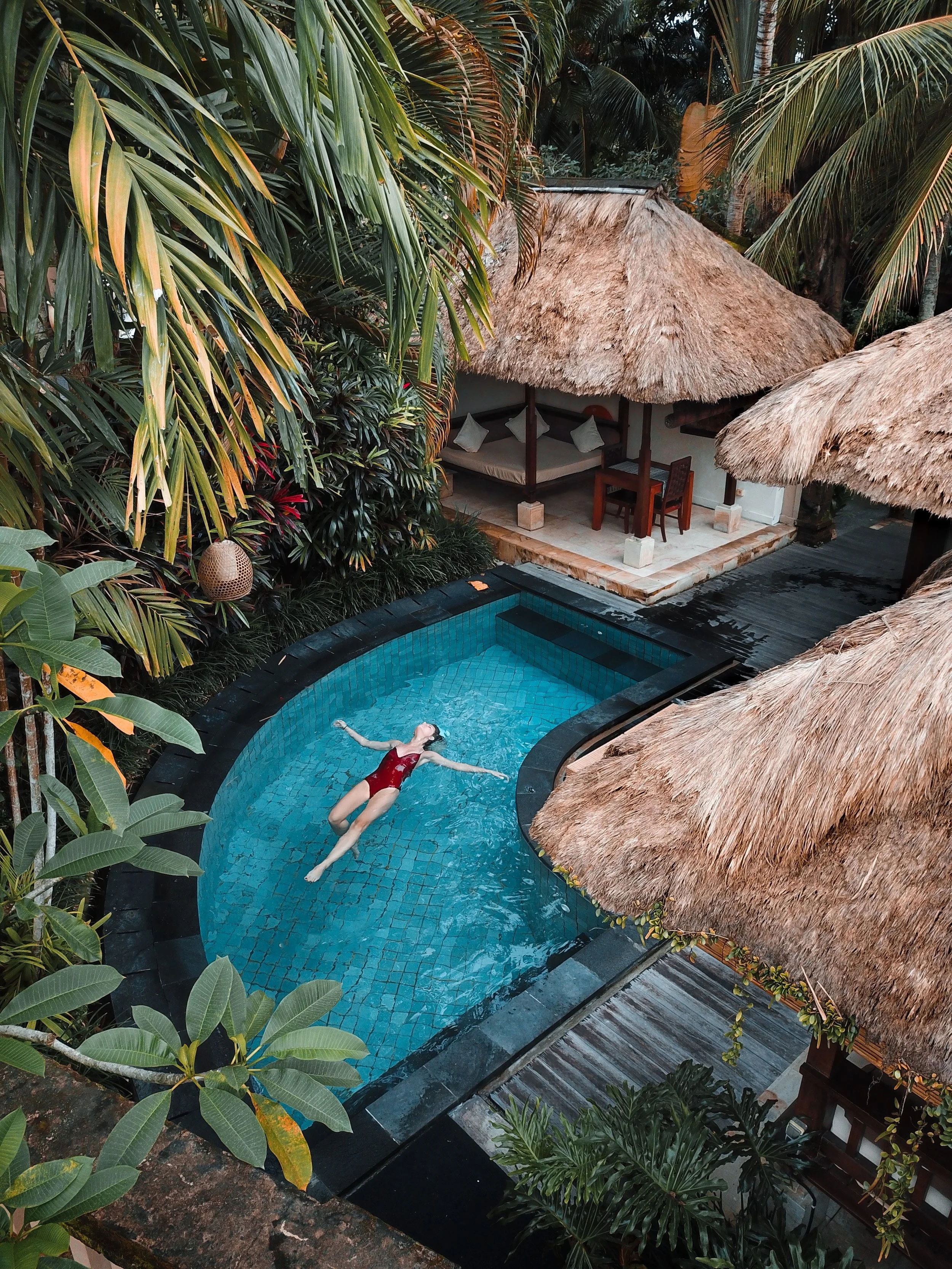How The Dreaded COVID Took Me Across The Plains Of Camdebo
I have always subscribed to the notion that the 'even' years are better than the odd ones. Good things always seemed to happen to me when the numbers were rounded off, all perfectly aligned, neat and tidy, with the numerals always adding up to more even digits.
Sadly, 2022 shattered that naïve view of my passing years.
Much like the entire world's population, I have lived through this epidemic that sent all of us indoors, and when we ventured out, masks covered our faces. We kept a 'safe distance 'from our fellow human beings, sidestepping around them as perhaps they were the infected ones.
With great difficulty, at the height of the pandemic, we somehow managed to travel to Canada to greet our first grandchild, navigating the minefield of paperwork, PCR tests and travelling thousands of miles on empty planes and transiting in virtually deserted airport terminals. Yet, even with all of the restrictions, we made it unscathed and returned home, perhaps having dodged a bullet as we were fit and healthy.
We sat out the remainder of the pandemic in perhaps one of the world's more desirable places on earth, Bali. Here the numbers fluctuated but never reached alarming heights, and consequently, the mortality rates were mercifully low. The island shut itself off from the outside world, and slowly but surely, our bubble of friends and acquaintances shrank as expatriates scuttled back to their home countries to wait it out.
It proved to be a long wait.
It was not all plain sailing; in the latter part of 2021, I fell victim to the virus's reach and was laid low for a few weeks, but recovered to become one of COVID's myriad statistics of those who got better.
2022 saw the easing of restrictions. After reviewing all the hurdles and hoops we had to jump through, we decided once again to brave an international flight to visit our second daughter in Melbourne after the absence of two long, long years.
It was a joyous occasion, but, sadly, it would prove to be short-lived.
On a drive down the east coast of Australia, we received a call from a family member to say that his beloved spouse was extremely ill with COVID and was in hospital for treatment. Barely two days passed when a follow-up call was received telling us she had been transferred to ICU and was on a ventilator.
We were on the next plane to South Africa.
We arrived on the day that she succumbed to this most terrible of viruses and was snatched away from her family and friends. It was an impossibly inconsolable moment where we all had to come to terms that she was no longer with us.
This pandemic has taken millions of souls worldwide, many of them bursting with talent; surgeons, composers, concert pianists, artists, captains of industry, health care workers, and others who never reached their ultimate potential. Moreover, it did its work indiscriminately, seeking out the rich, the poor, the old and the not so young and where even infants were not spared its deadly reach.
Soon after, a hastily arranged memorial was held, coupled with an avalanche of condolence letters and flowers; friends and neighbours delivered lovingly prepared meals accompanied by the awkwardness of people not knowing what to say. This outpouring of kindness barely softened the terrible blow, for there are no words to explain the long haul ahead to try and once again reconstruct a good life without someone who used to be so central to it.
Over and over, I kept asking myself, "How can she simply stop existing?" I spent days looking at her in photographs and wandering around her perfect house that, over decades, she brought to life and where she and her husband raised a wonderful family welcoming all and sundry into its friendly surrounds. You begin to realise then that when you lose someone you love, their presence is everywhere but nowhere.
How to find life again in the shadow of death without denying the reality of what has happened. It's a fact of life that most of us shy away from thinking about, even though this scenario will, in the end, come to everyone who loves someone.
The slow and challenging process of learning to live with a terrible loss takes longer than the impatient outside world is often willing to accept. That well-worn cliché, 'time heals", falls quickly from sympathetic mouths, and, of course, there is a sort of truth in that; however, the devastating wound doesn't disappear; instead, it will morph into a scar that will always be there.
After two weeks and on the verge of returning home, our "humanitarian" journey took another cruel twist when my partner contracted COVID; the virus callously adding insult to injury. Again, we were denied the right to board a flight until a negative result could be produced.
As fate would have it, it would take over a month to secure the result we needed.
By then, the flowers and condolence letters had slowed to a trickle, And so, we fled the Highveld, which had started to embrace the prospect of winter and made for the warmth and serenity of the coast.
We left Johannesburg in the last slow hours of the morning, leaving behind a city awash with memories.
The 1300 km drive was perhaps the best decision we made during this distressing time and a journey of unapparelled beauty.
The Free State, the nation's breadbasket, unfolded before us like a panoramic photograph, its vast farmlands extending from horizon to horizon. Fields of sunflowers were slowly awakening, turning their blossoms to the rising sun. At the same time, acres of wild cosmos provided palettes of colour bathed in soft sunlight under a massive, azure blue sky the colour of a Mediterranean sea.
The bitumen highway stretches to the horizon, straight as an arrow, and each hour the landscape undergoes subtle changes; the flatlands giving rise to brown and sere[ 'koppies' as we entered the Karroo. This semi-desert region has inspired painters, writers and poets for aeons.
The country, blessed with abundant rains, transformed the ordinarily arid landscape into a sea of green with every dam and river full to the brim. I have never seen it look more magnificent.
These are the plains of Camdebo, a place of solitude where troubled souls sometimes come to regain their equilibrium, the perfect salve to apply to the heavy burden of grief. As the miles disappeared beneath our vehicle's tyres, my visions of her were vivid as this too was one of her favourite journeys. Slowly, I began to accept the terrible loss and focused instead on her remarkable achievements and her kindness of spirit.
From here on in, she will live on inside those closest to her, and, should I traverse those plains again, her spirit will travel with me.
I have tried vainly to capture the sentiments of the last few weeks and, reading back over this piece I think I have fallen well short. I will end this with Mr Auden’s poem for I can only aspire to his poetic grasp on loss and grief.
Stop all the clocks, cut off the telephone,
Prevent the dog from barking with a juicy bone,
Silence the pianos and with muffled drum
Bring out the coffin, let the mourners come.
Let aeroplanes circle moaning overhead
Scribbling on the sky the message 'She is Dead'.
Put crepe bows round the white necks of the public doves,
Let the traffic policemen wear black cotton gloves.
She was my North, my South, my East and West,
My working week and my Sunday rest,
My noon, my midnight, my talk, my song;
I thought that love would last for ever: I was wrong.
The stars are not wanted now; put out everyone,
Pack up the moon and dismantle the sun,
Pour away the ocean and sweep up the wood;
For nothing now can ever come to any good.
Amed, Bali April 2022

